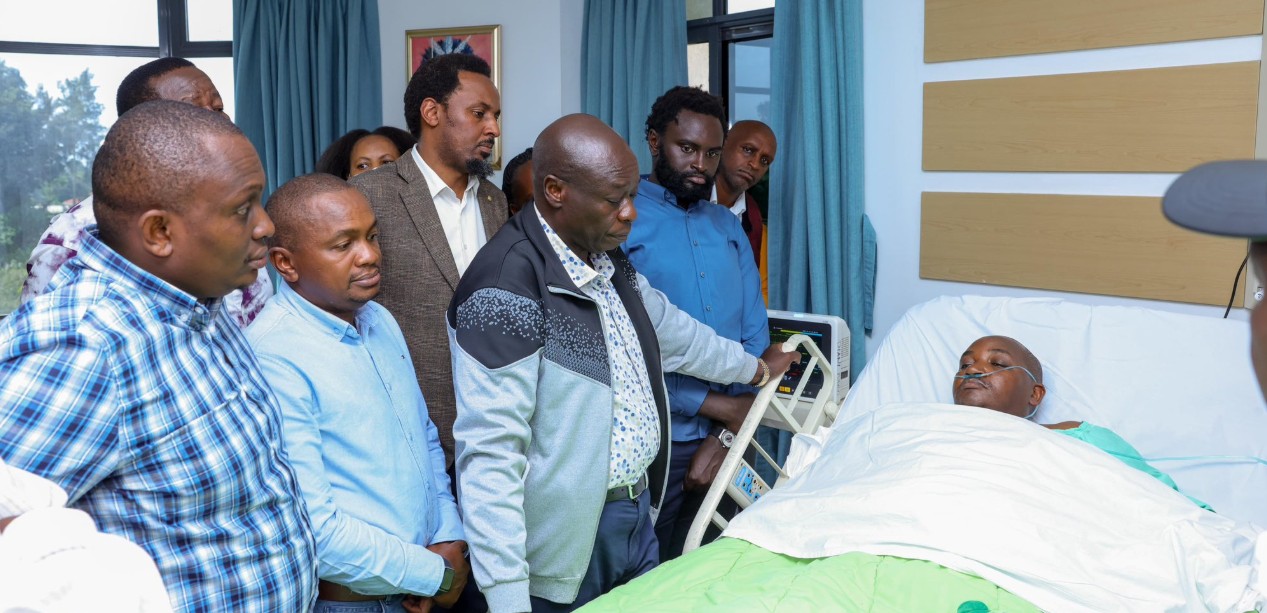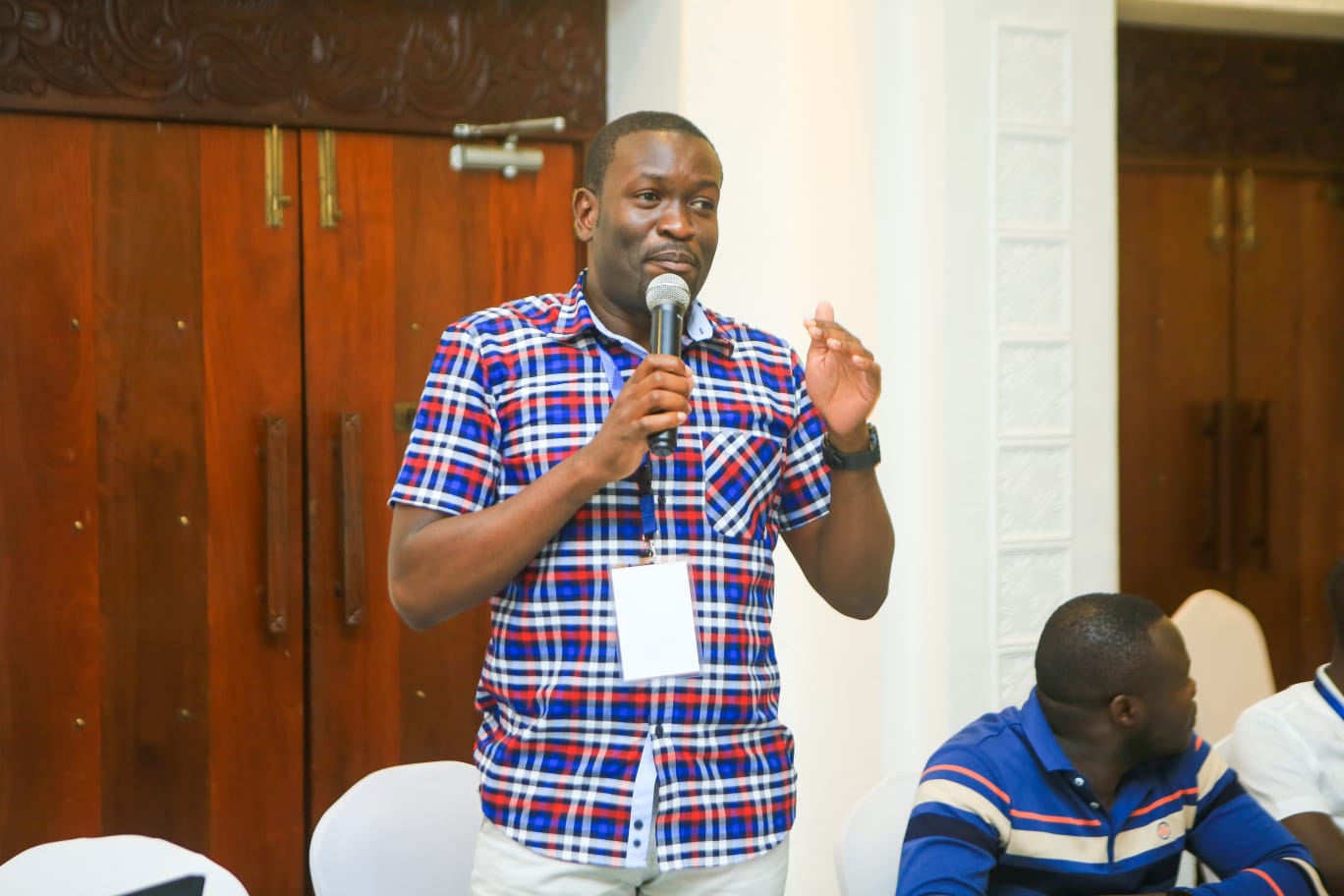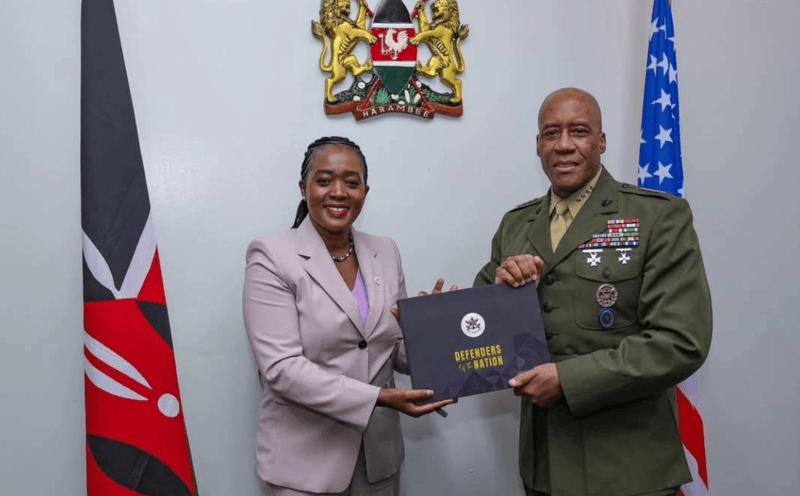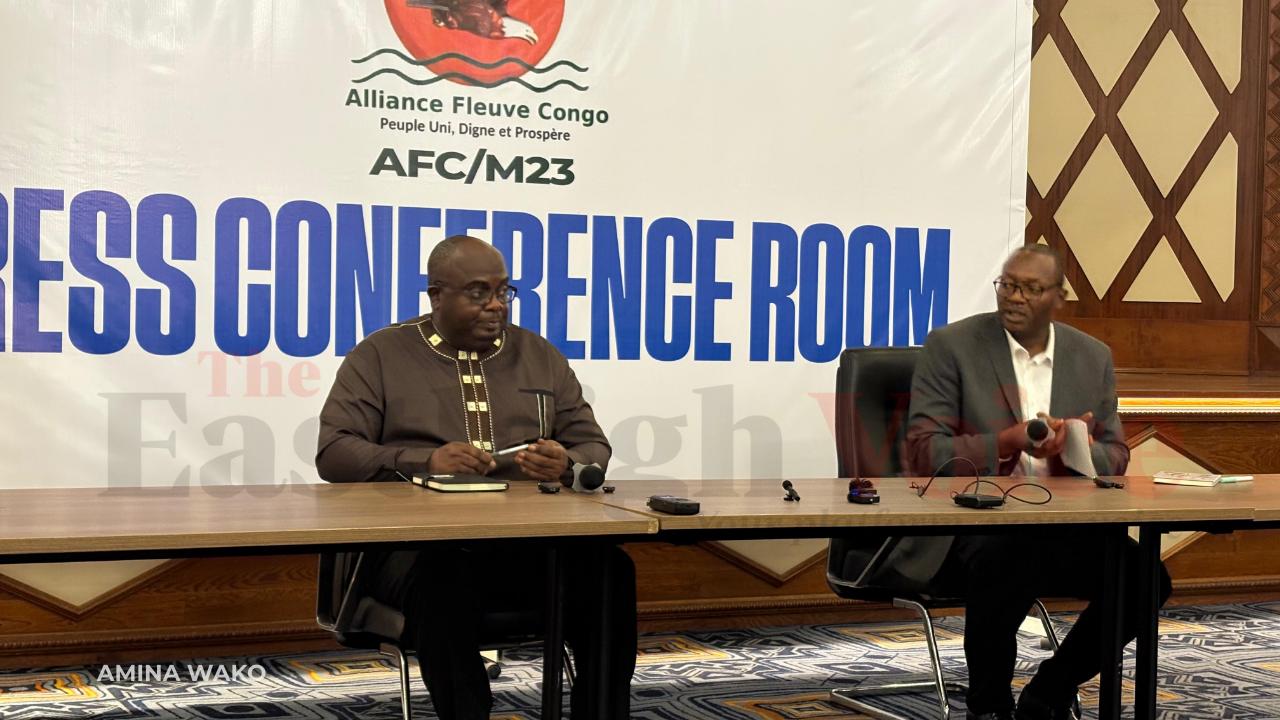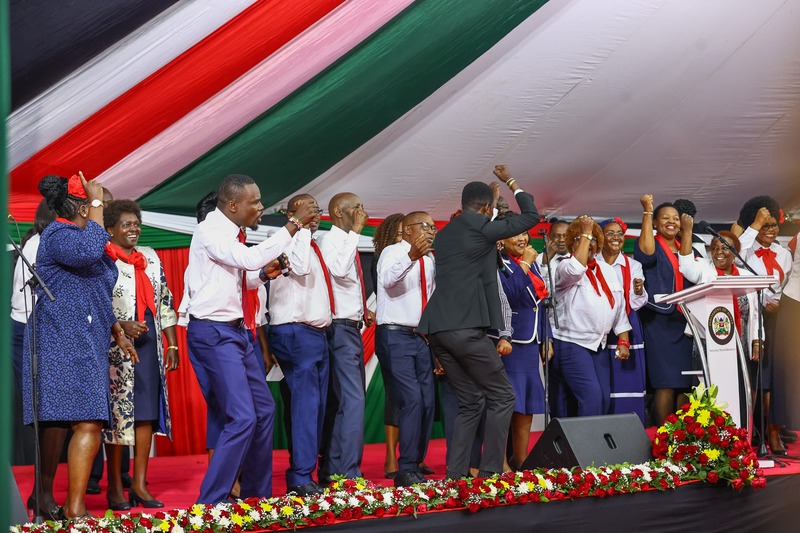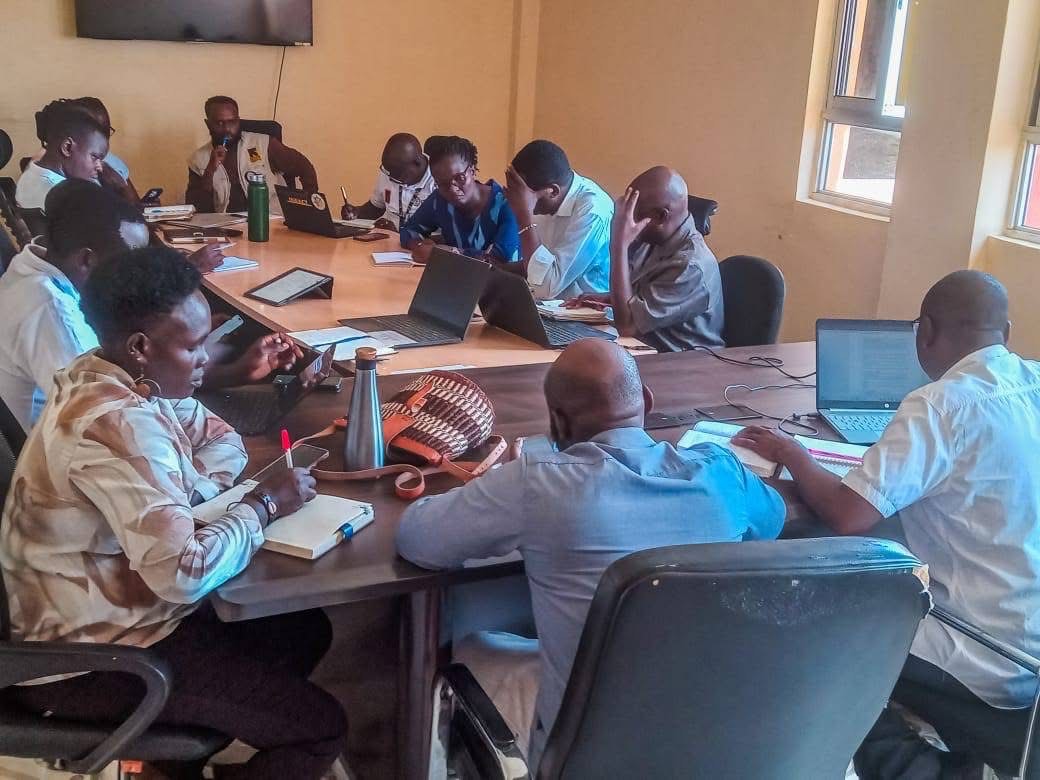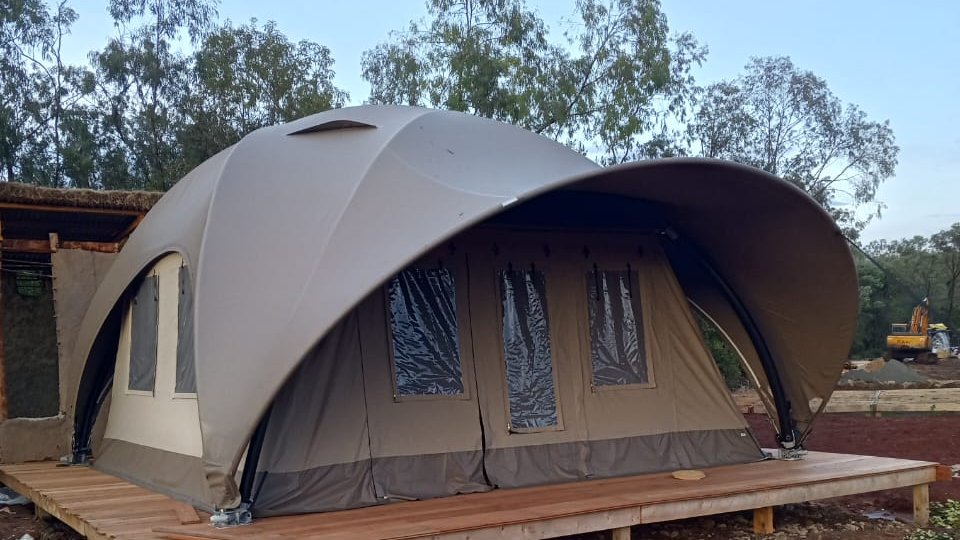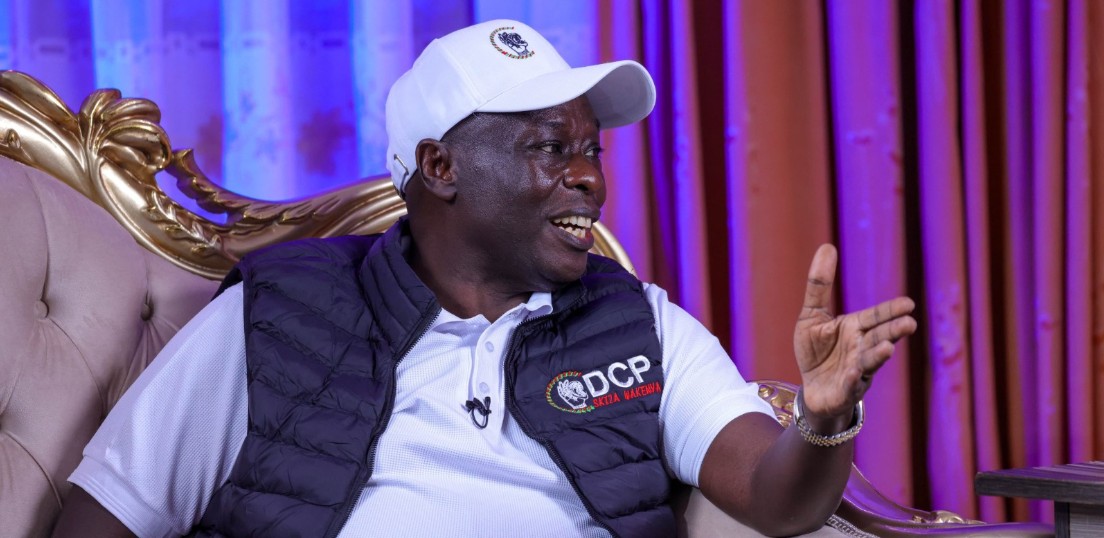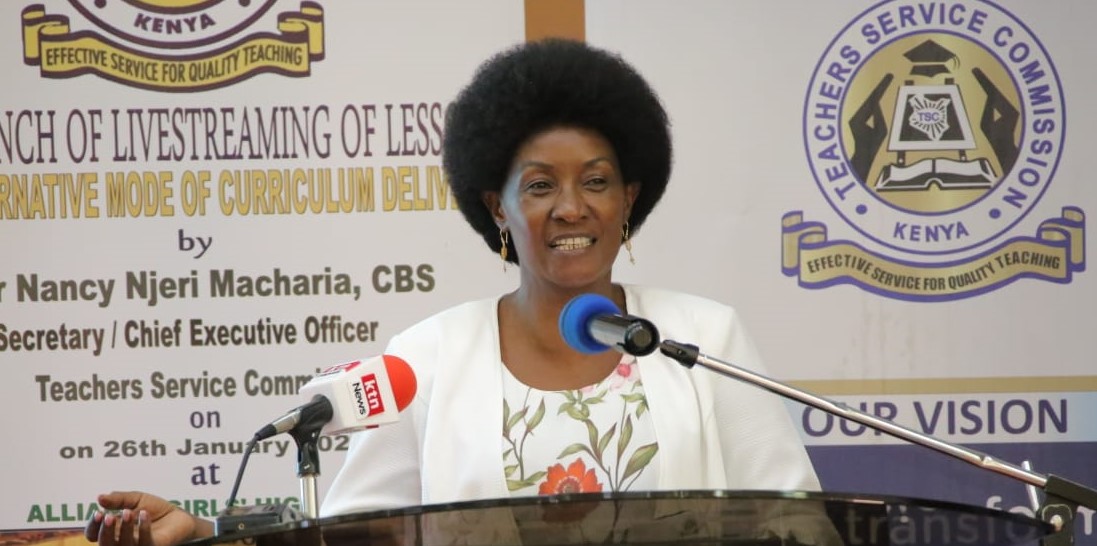Kenya reaffirms Somalia’s sovereignty as Somaliland leader heads to Nairobi
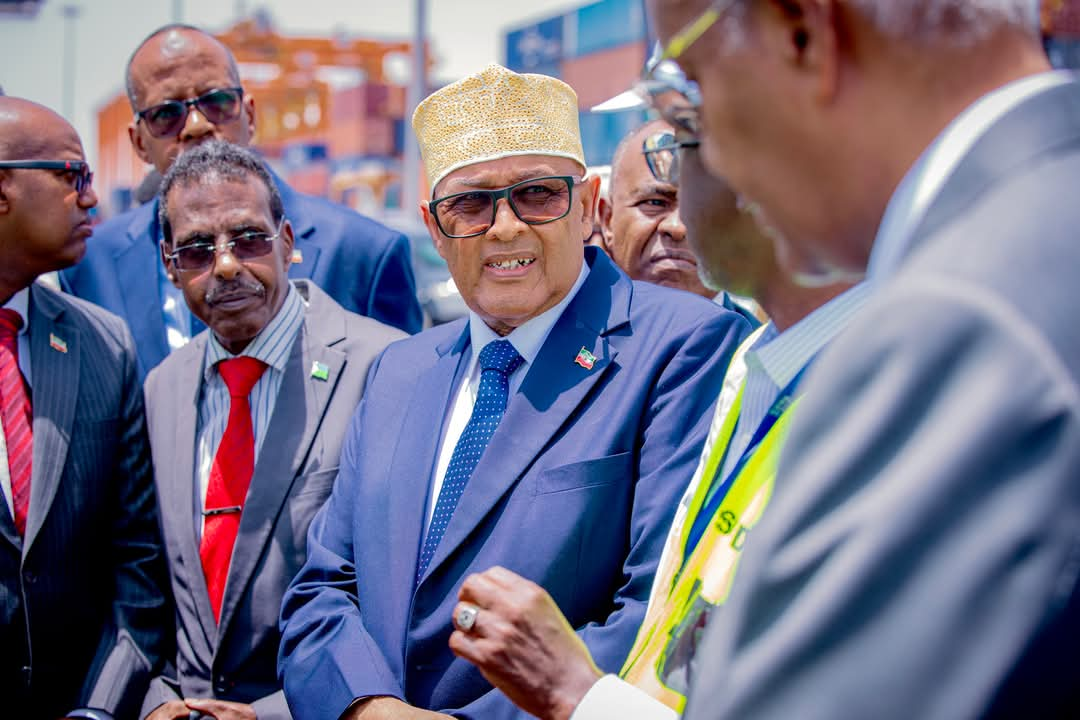
In a quiet but telling passage, the statement notes Nairobi's intention to "maintain contact and relations with sub-national entities in Somalia, including Somaliland and Jubaland, in areas of mutual interest such as security cooperation and commercial relations."
Kenya is threading a delicate diplomatic needle, reaffirming its recognition of Somalia's sovereignty while quietly signalling engagement with Somaliland, the breakaway region whose leader is expected in Nairobi this week.
In a carefully worded statement issued Monday afternoon, the Ministry of Foreign and Diaspora Affairs declared: "The Government of the Republic of Kenya reaffirms its unwavering commitment to the sovereignty, territorial integrity, national unity, and political independence of the Federal Republic of Somalia."
More To Read
- Severe funding cuts force sharp scale-back of humanitarian aid in Somalia, threatening millions
- Kenya cancels launch of Somaliland liaison office in Nairobi, reaffirms Somalia ties
- Journalist bodies condemn unlawful detention of eleven Somali reporters
- Somaliland’s President Abdirahman Mohamed Abdillahi visits Djibouti amid regional tensions, Horn of Africa realignment
- Jubaland and Puntland leaders to meet in Nairobi for talks on alliance against Somali President Hassan
- 12 killed as drone strike accidentally hits Somali militia fighting Al-Shabaab
The timing of the statement, just hours before Somaliland's new president, Abdirahman Mohamed Abdullahi, arrives in Nairobi, was no coincidence.
Nairobi is walking a tightrope: seeking to protect strategic ties with Hargeisa while pre-empting diplomatic fallout from Mogadishu, which maintains that Somaliland remains an integral part of Somalia.
To assuage Somalia's government, Kenya made clear that it "unequivocally recognises the authority of the Federal Government of Somalia, seated in Mogadishu, as the sole and legitimate body responsible for administering the affairs of Somalia, including those pertaining to its regions."
Kenya's engagement with Somaliland is not new. Former President Uhuru Kenyatta hosted then-leader Muse Bihi Abdi in 2020, drawing ire from Mogadishu and temporarily rupturing diplomatic ties.
But the language this time is far more calculated.
While reaffirming its adherence to international norms, "the Charter of the United Nations, the Constitutive Act of the African Union, the Treaty and Protocols of the East African Community," Kenya also carves out room to pursue its own interests.
In a quiet but telling passage, the statement notes Nairobi's intention to "maintain contact and relations with sub-national entities in Somalia, including Somaliland and Jubaland, in areas of mutual interest such as security cooperation and commercial relations."
In diplomatic terms, it's an elegant sleight of hand, respecting the map, while navigating the terrain.
Analysts suggest Mogadishu may have already registered its discomfort behind closed doors, prompting this public reaffirmation.
But the real message lies between the lines: Kenya intends to engage Somaliland on pragmatic grounds, particularly on counterterrorism and trade, without formally endorsing its claim to statehood.
In short, Nairobi is signalling that it can honour Somalia's sovereignty while still talking to Hargeisa.
Whether Mogadishu buys that distinction is another matter.
Top Stories Today
